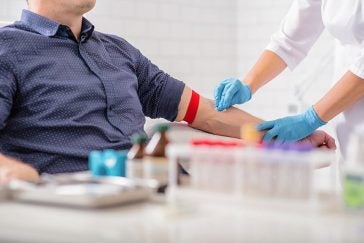
At a Massachusetts state taskforce meeting last month, experts met to investigate the health effects of PFAS and provide their recommendations to prevent and manage exposure to the chemicals. The recommendations ranged from offering blood tests to people in areas exposed to PFAS to additional funds for statewide research to education and surveillance. Additionally, the experts suggested passing laws restricting the use of certain firefighting foam and food packaging that contain PFAS.
“Legislatures and health environmental agencies should be testing water in locations with likely contamination,” said Dr. Phil Brown, director of the Northeastern University Social Science Environmental Health Research Institute. “They should offer blood testing to people in exposed areas and proactively target testing, both for water and blood, in low-income and BIPOC communities,” said Brown, “and they should in fact prioritize the EJ (environmental justice) communities for remediation.”
Dr. Laurel Schaider, STEEP scientist and a senior researcher at the Silent Spring Institute, agreed that blood testing for PFAS-impacted communities is important for addressing the concerns of residents. She also said it is important to consider conducting longitudinal studies that evaluate health effects over people’s lifetime and additional testing of local foods in areas that have PFAS contamination.

